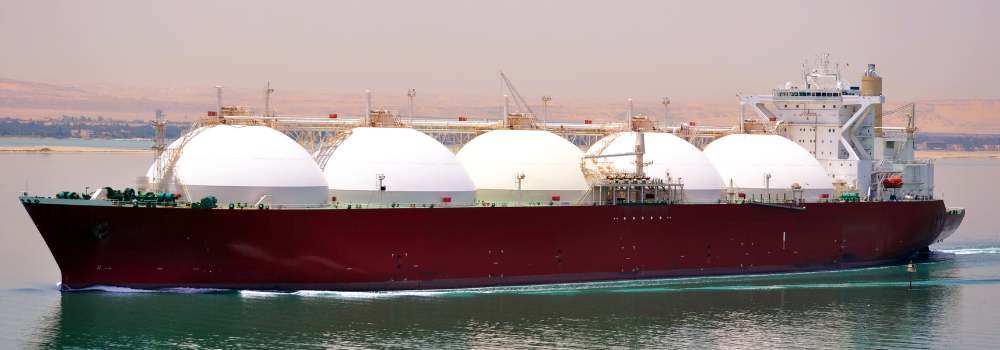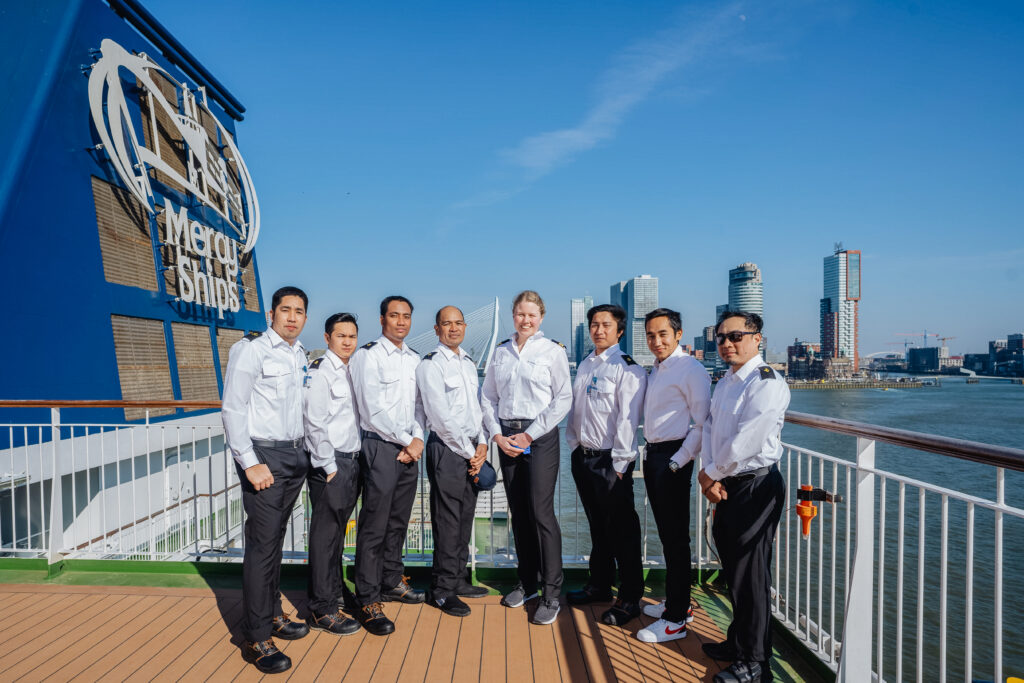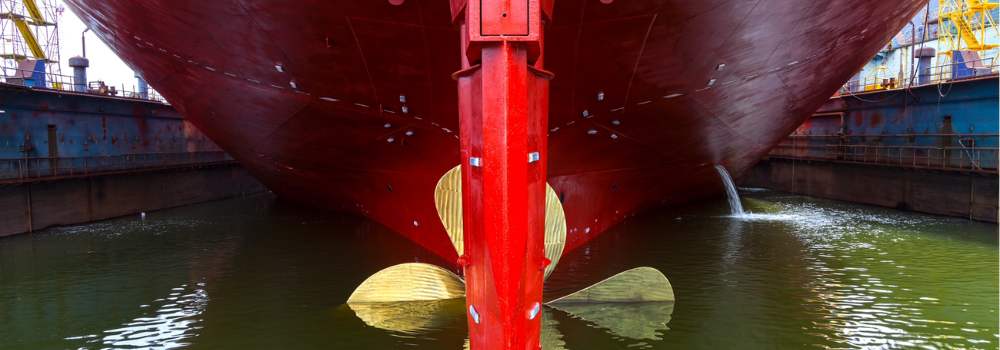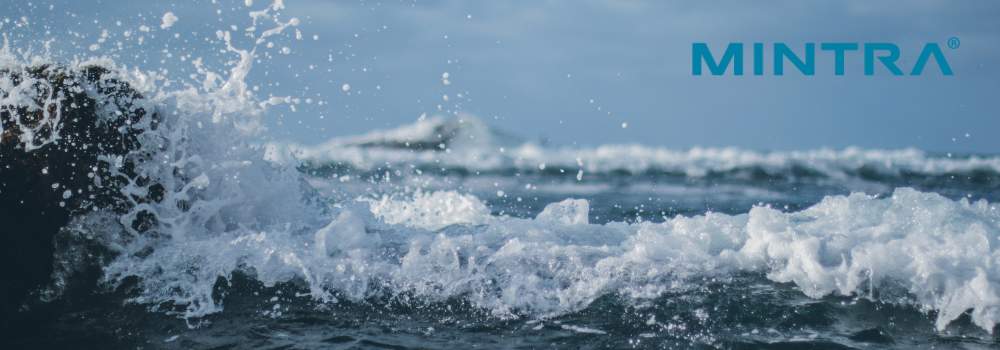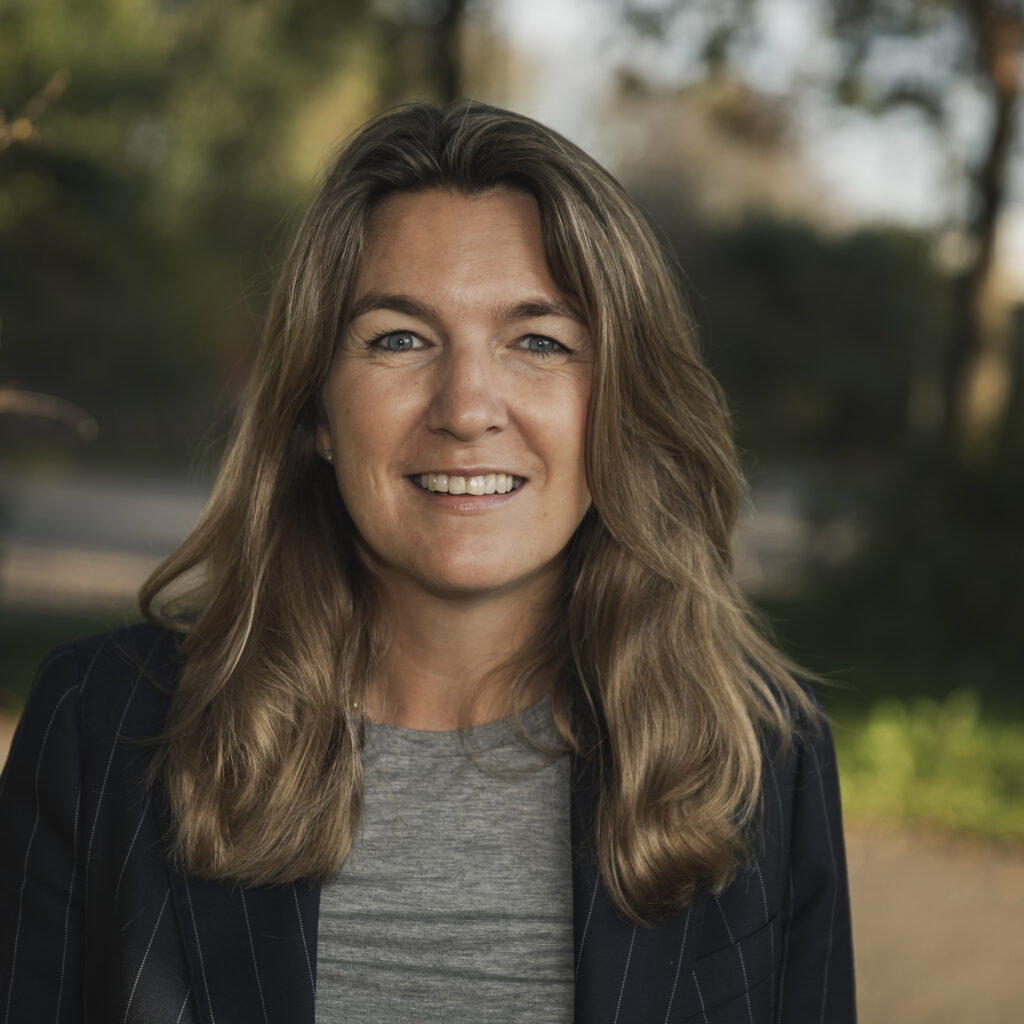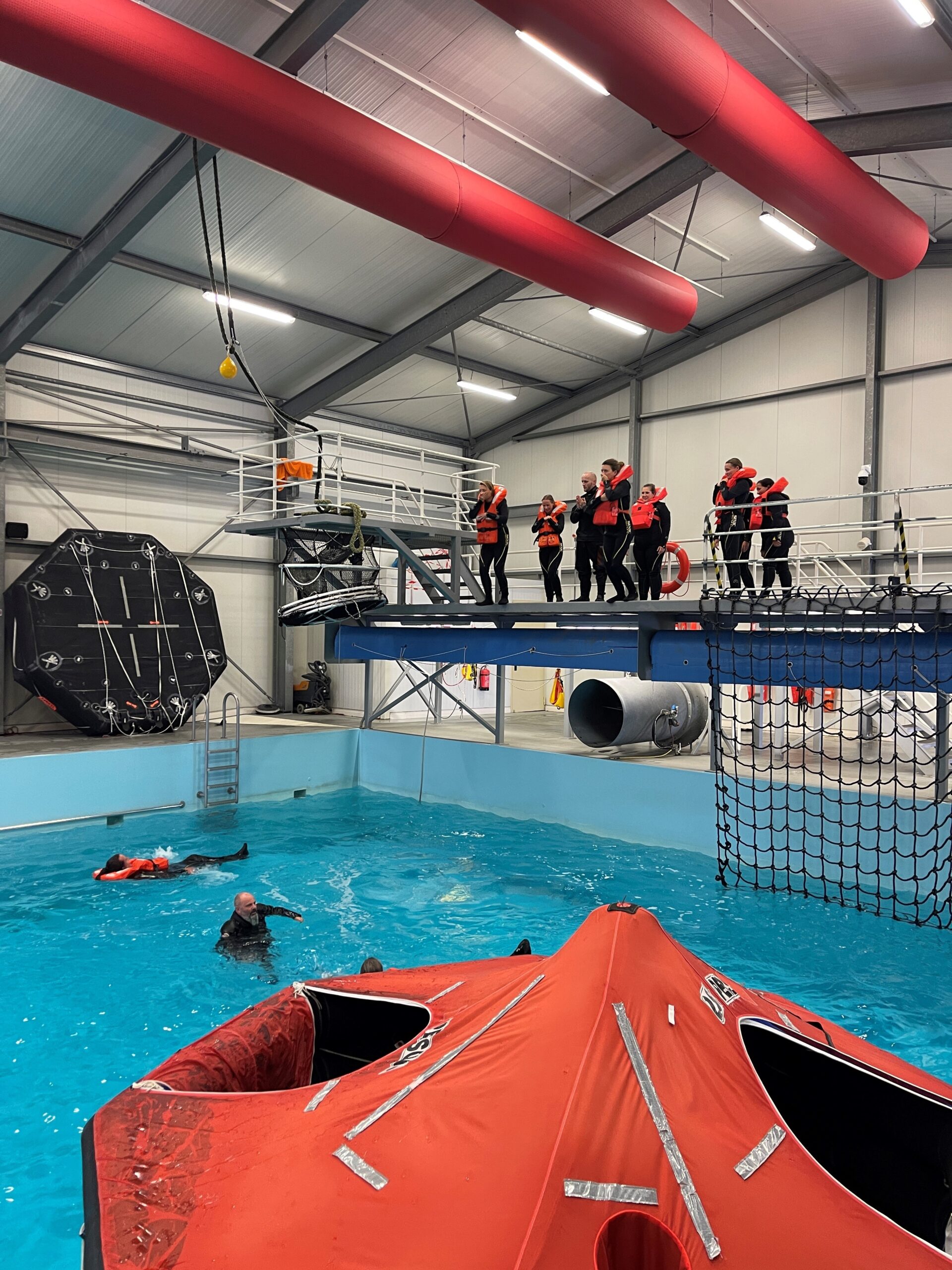For over 25 years, Spinnaker has been assisting shipowners, shipmanagers, oil majors, and P&I clubs in fulfilling their maritime recruitment requirements. Every day, we receive a constant influx of new job openings, all conveniently listed on our website. To simplify your job search, we have handpicked a collection of the ten most sought-after positions available right now. Get in touch if you’re interested but do it quickly as they won’t be around for long!
A full list of current vacancies can be found on our website:
Post Fixture Analyst (Tankers) – London, UK
This hire would take responsibility for calculation and submission of claims that are both demurrage and non-demurrage based as well as handling the calculation and collection of freight and hire. It will be imperative that somebody has some exposure to the negotiation of claims, ensuring that cases are closed in a timely manner.
View Job – Post Fixture Analyst – London
Sales Manager – Europe (Remote)
We are working exclusively with a company harnessing the power of AI technology and combining it with food production. As the Sales Manager you will target shipowners and ship managers across Europe, seeking early adopters keen to provide their crew with a constant supply of accessible fresh vegetables, grown onboard. Be part of a revolution to improve crew welfare.
View Job – Sales Manager, Europe (Remote)
Ship Planner & Alliance Coordinator – UK
A liner company is recruiting for someone who has sailed to Chief Officer and has some shorebased experience to join their team in the UK. You will be managing the stowage of vessels including Dangerous Goods and oversized cargoes, scheduling of the vessel and other daily tasks as well as managing relationships with the companies partners. Experience of dealing with South East Asia and China are a huge advantage for this role.
View Job – Ship Planner & Alliance Coordinator, UK
Junior Marine Insurance Broker – Surrey, UK
An exciting opportunity has arisen for a Junior Marine Insurance Broker at a specialist marine insurance brokerage firm in Surrey. They are seeking a highly motivated and experienced individual with 1-2 years of experience in H&M and/or P&I Claims. A degree in Law or a similar field would be an added advantage.
View Job – Junior Marine Insurance Broker, Surrey
Brand Performance Director – Europe
As a senior member of a cruise organisation, you’ll work ashore in a corporate function in the European headquarters ensuring that the guest experience, from product to conception is uniform across the fleet.You’ll oversee product development, gain budget approval, and be responsible for execution of the plan.Monitoring of guest satisfaction, P&L, and delivery will be you responsibility. To achieve your aim, you work with senior management ashore, and senior management onboard.
View Job – Brand Performance Director, Europe
Line Operations Executive – Dubai, UAE
A container ship owning company is looking for a Liner Operations Executive to join team the in Dubai to manage European trade routes. Your main responsibilities in this role will include stowage planning, liaising closely with trade managers and customer service staff, monitoring connections to meet customers’ requirements, attending to special or IMDG cargo requests and ensuring compliance to safety and security operation procedures, and costs control.
View Job – Line Operations Executive, Dubai
Senior Claims Manager – London, UK
Unique opportunity for a Senior In-House Claims Manager in London. In this position, you will be overseeing marine claims from start to finish, including setting up and supervising Claims Handling Offices (CHOs), coordinating the organisation of claims files, standardising documentation procedures and reports, and delegating tasks to designated team members. The company can provide sponsorship to the UK if required.
View Job – Senior Claims Manager, London
PMS Engineer – Middle East
An offshore services company is looking for a PMS Engineer for their offices in the Middle East. You would be responsible for the management and maintenance of company’s computer planned maintenance system, spare parts inventory, development of maintenance work orders, creation of vessel databases in compliance with ISO, IMO, ISM and Class requirements.
View Job – PMS Engineer, Middle East
Service Engineer – Surrey, UK
You’ll travel around Europe as required to visit clients’ vessels to install, repair, and maintain this companies on-board monitoring equipment. With an international client base, you could be required to travel at very short notice. When not travelling, you’ll be providing first-line troubleshooting support from the company’s office providing technical knowledge to solve issues that may arise on board.
View Job – Service Engineer, Surrey
Business Development Manager (Offshore Wind) – London, UK
Join the strategy and decarbonisation team of an international shipping organisation focusing on the development of business in the offshore wind sector. Developing your existing market knowledge of offshore projects, you’ll research further to identify opportunities. You’ll use you relationship building skills to make new connections to bid and tender for new projects.
View Job – Business Development Manager, London
For more information on any of the jobs above, please email Spinnaker.

